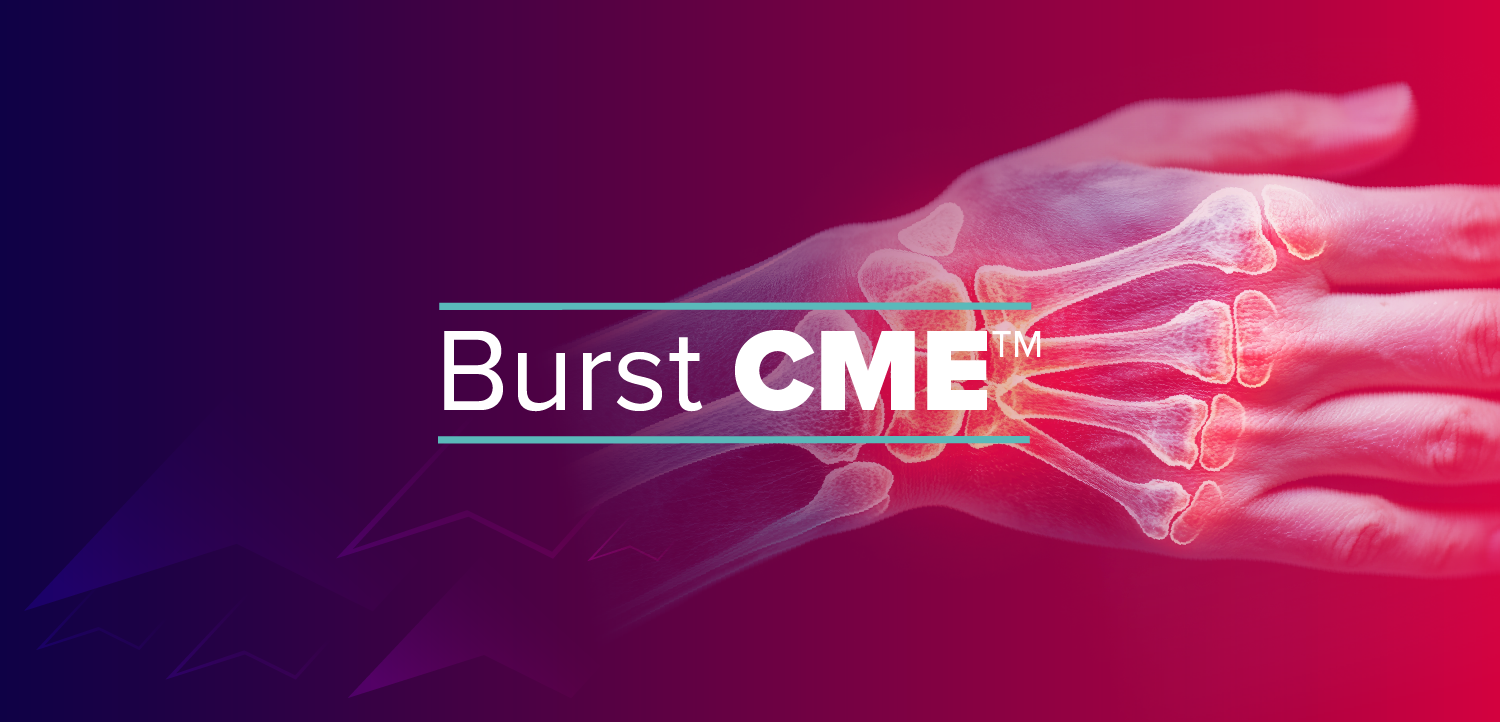
If Not the WHO or Europe, Who Can You Trust?
The WHO has been accused of exaggerating the potential health consequences of the H1N1 pandemic, causing “unjustified fear” about the H1N1 virus. One possible explanation for the hysteria and hand wringing? Members of the WHO advisory committee have financial ties to pharmaceutical companies that make flu virus vaccines.
Dr. Margaret Chan, head of the World Health Organization, is outraged. Dr. Chan and the WHO has been accused of exaggerating the potential health consequences of the H1N1 (swine flu) pandemic, causing “unjustified fear” about the H1N1 virus. One possible explanation for the hysteria and hand wringing? Members of the WHO advisory committee have financial ties to pharmaceutical companies that make flu virus vaccines.
A really cynical person would think that’s a conflict of interest.
The criticism of the WHO came from two reputable and unexpected sources. The first critical report came from a committee of the Parliamentary Assembly of the Council of Europe (PACE). The report was released on Jun 4 and denounced the WHO decision to describe the H1N1 outbreak as a “pandemic.” PACE argues that labeling the H1N1 outbreak as a pandemic led to an unwarranted scare and a waste of public resources.
The second, more devastating criticism came in the form of an editorial in the revered British Medical Journal in the June 3rd issue. That editorial asks some very pointed and embarrassing questions such as: Was it appropriate for WHO to take advice from experts who had declarable financial and research ties with pharmaceutical companies producing antivirals and influenza vaccines? Why was key WHO guidance authored by an influenza expert who had received payment for other work from Roche, manufacturers of oseltamivir, and GlaxoSmithKline, manufacturers of zanamivir? And why does the composition of the emergency committee from which Chan sought guidance remain a secret known only to those within WHO? You can read the whole editorial at the
Dr. Chan has dismissed the BMJ criticism as “conspiracy theories.” I’m not so sure.
Pharmaceutical industry influence is everywhere in medicine. Many teaching hospitals have banned drug company salespeople from the ED. We restrict resident and student exposure to the sales reps as much as possible at my hospital and I won’t use pens or reflex hammers or anything else that has the name of a drug or drug company printed on it.
There is a great study that asks medical students: “How much money would you ask for in order to wear an advertisement patch on your white coat? You know - be paid to sew a patch with the logo for Pfizer or Viagra on your white coat so you look like the medical equivalent of a NASCAR driver. How much would you take?”
Some of the students were open to the idea of sewing advertising space on their white coats – others were indignant and would “never consider selling space on my white coat for something so tawdry.” The authors then went through the pockets of the white coats and pulled out all the pens, pads, cell phone covers, reflex hammers, books and all the other crap that medical students carry around with them and demonstrated to the students that they were already acting as walking, talking, diagnosing billboards for the drug companies.
I’m not anti-drug company. If the pharmaceutical companies didn’t make the drugs, then we couldn’t prescribe them. Some of the most honorable and brilliant physicians I know work for Merck, Johnson and Johnson, McNeill, Rohm and Hass, CSL Behring, and all the other pharmaceutical industries that exist here in southeastern Pennsylvania.
But the governments of the United States and Europe spent billions of dollars – billions – to buy vaccines and antiviral medications based on some very suspect estimates by the WHO. A billion dollars is a lot of money. Many billions of dollars is a whole lot of money. Every man has his price.
One of the
Newsletter
Optimize your practice with the Physicians Practice newsletter, offering management pearls, leadership tips, and business strategies tailored for practice administrators and physicians of any specialty.











